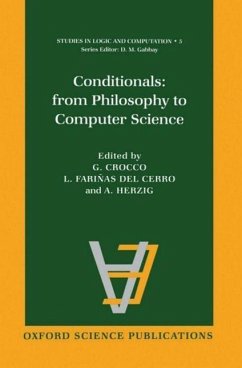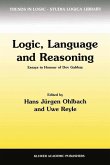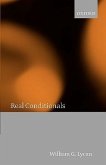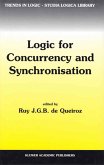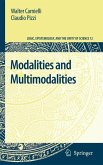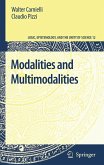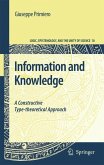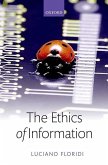Understanding the role of deduction in human reasoning has been an important activity in philosophy, logic, and more recetnly artificial intelligence. The basic patter of this kind of reasoning can be represented by conditional expressions of the form `if...then.' There are various kinds of conditionals that fit into this pattern, such as counterfactual conditionals (`if it were the case that A then it would be the case that B'), causal conditionals (`if A then causally B'), action conditionals (`if A then B is obtained'), conditional obligations (`if A then B should be brought about'), generic conditionals (`if A then normally B')etc. The common pattern to all these constructions is their conditional form which connects the antecedetn to the consequent in such a way that the antecedent represents a condition (or a context) for the consequent. The general question arises: is it possible to give a formal logical account of these constructions? This question is considered in this volume by a group of internationally recognized pure and applied logicians and computer scientists. Their papers reflect all the current research in this subject, and should serve as a guide for future development.
Internationally recognized logicians present current thinking on the understanding of the role of deduction in human reasoning.
Internationally recognized logicians present current thinking on the understanding of the role of deduction in human reasoning.
